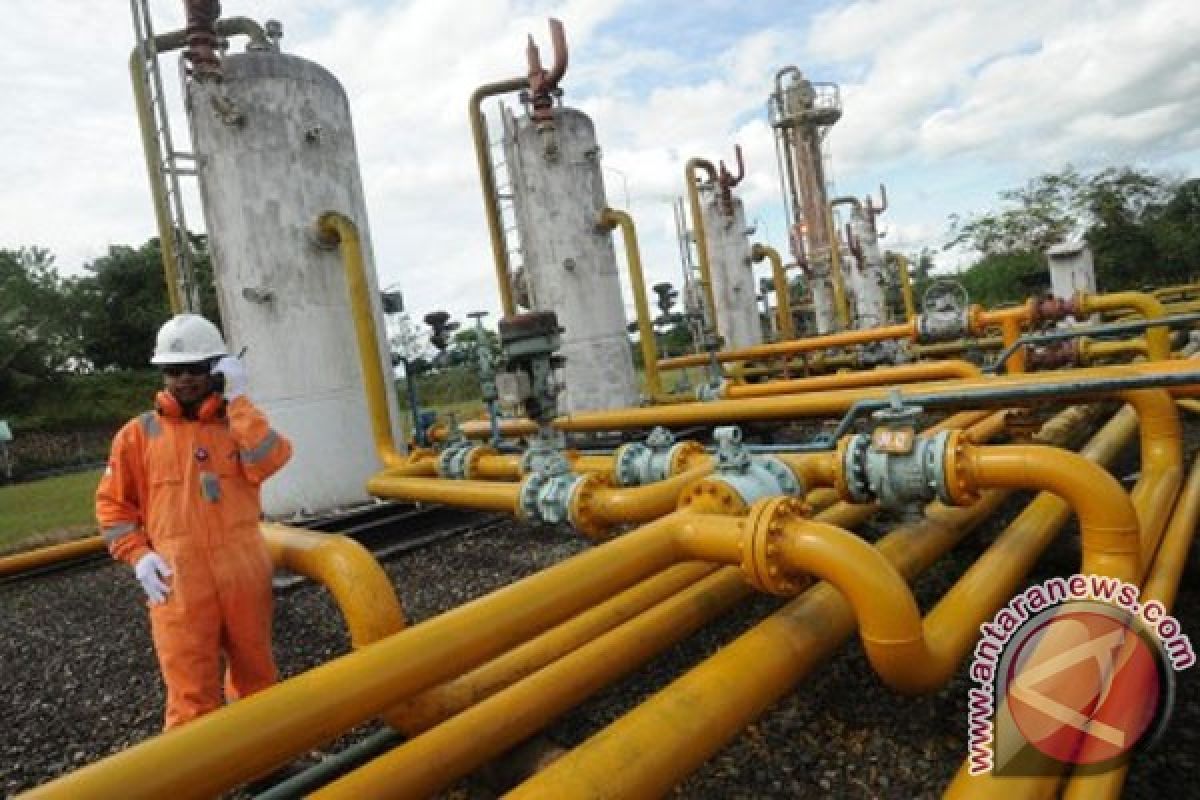"We are unable to improve our self-sufficiency and energy resilience."Makassar, South Sulawesi (ANTARA News) - Indonesia has become very dependent upon oil and gas imports because its consumption surpasses its production capacity and domestic reserves.
The president of the Confederation of Indonesia Oil and Gas Worker Unions (KSPMI), Faisal Yusra, made the statement at Hasanuddin University here on Saturday during a discussion about the oil and gas law.
He said the country`s oil and gas consumption grows six to seven percent per year, while this is not followed by growth in the oil and gas sector.
He said the oil and gas sector has not grown because oil and gas from new fields are not allocated to meet domestic needs, but are exported even as state-owned oil and gas company Pertamina holds only 15 percent of oil and gas reserves in the country.
"As a result, we are unable to improve our self-sufficiency and energy resilience as production and reserves are declining. Unless new fields are found we possibly may have reserves for only 11 years more," he said.
He added that the country`s total needs for fuel oils has reached 1.3 million barrels a day, while supplies are recorded at only 900,000 barrels per day, which are mostly held by foreign companies with 400,000 barrels being imported.
Pertamina, meanwhile, only contributes 150,000 barrels a day, he added.
Besides reforming the law on oil and gas, he suggested that the government transfer to Pertamina expired oil and gas field exploitation contracts from foreign companies.
Foreign companies must be positioned as partners to manage certain areas in the oil and gas supply network, he said.
The director of the Economic Advisory Group, Hendri Saparini, meanwhile said the oil and gas law is part of the national development plan and could not be discussed separately from other laws.
She noted that natural resource exploitation is linked with investment laws and if the focus is only put on reforming the oil and gas law, while investment laws are not addressed, it would not be effective as the investment law allows oil and gas controls of up to 95 percent.
"So, they must be carried out together so that correction of the oil and gas law will be in line with incoming foreign investment," she said.
Liberalization of the oil and gas sector is not only done through the oil and gas law, but also the investment law, including the law on state-owned companies and "therefore there must be movement from us to reform it," she said.
Several Islamic organizations and figures have recently asked for a judicial review of the oil and gas law, fearing liberalization of the oil and gas sector leading to the Constitutional Court`s decision to dissolve the upstream oil and gas regulation agency BP Migas.
(Uu.H-YH/INE/KR-BSR)
Editor: Priyambodo RH
Copyright © ANTARA 2012












